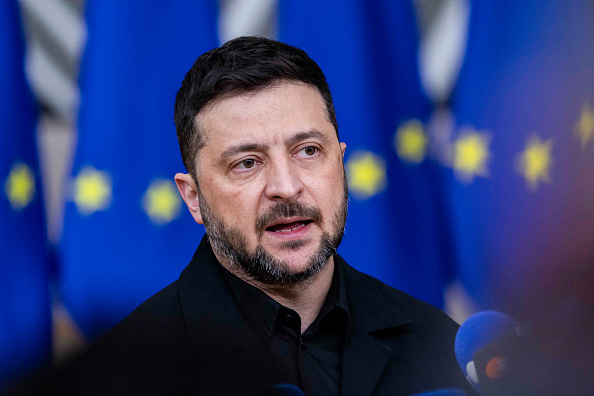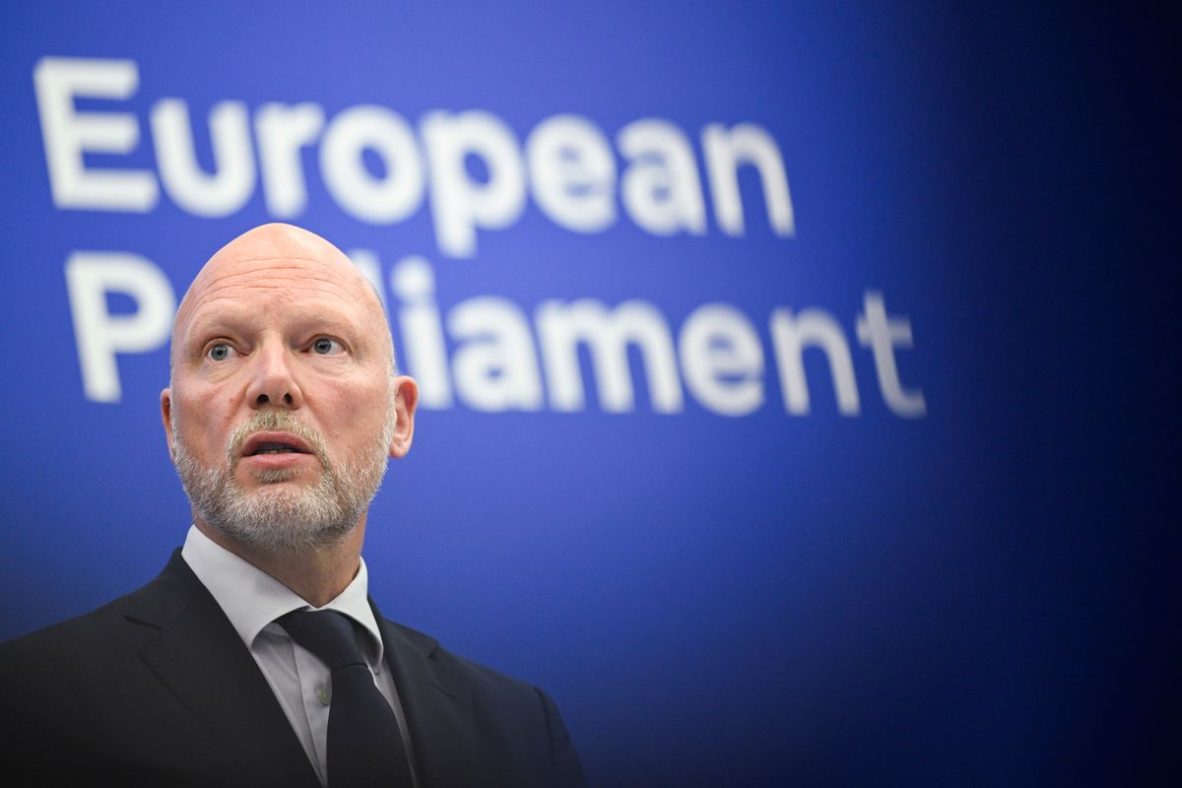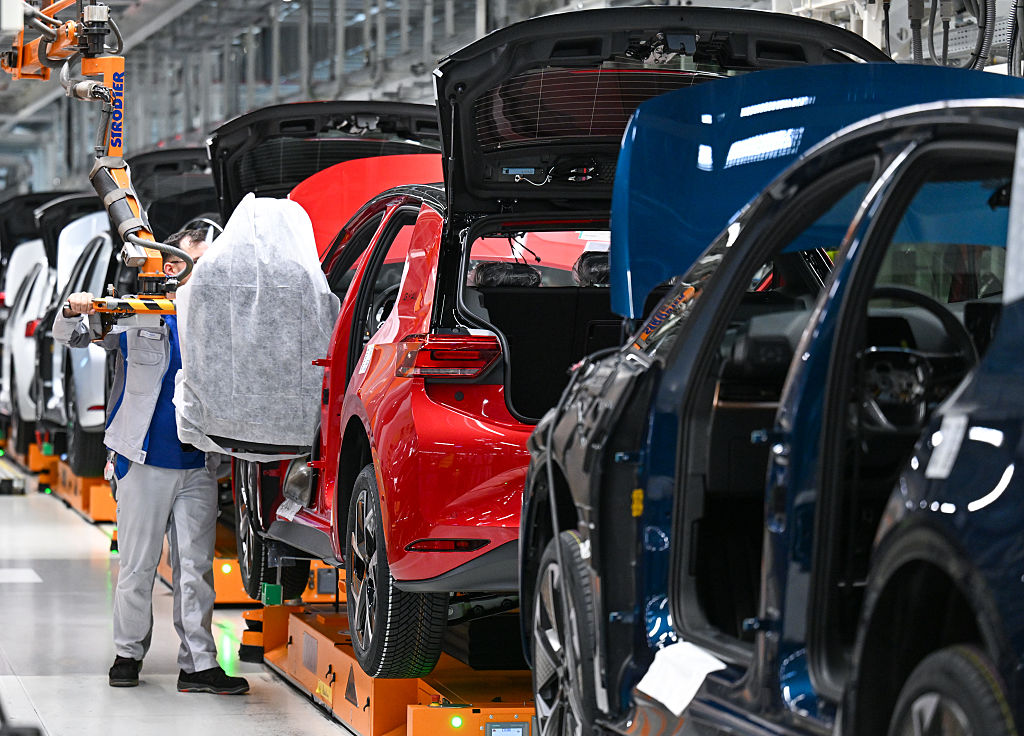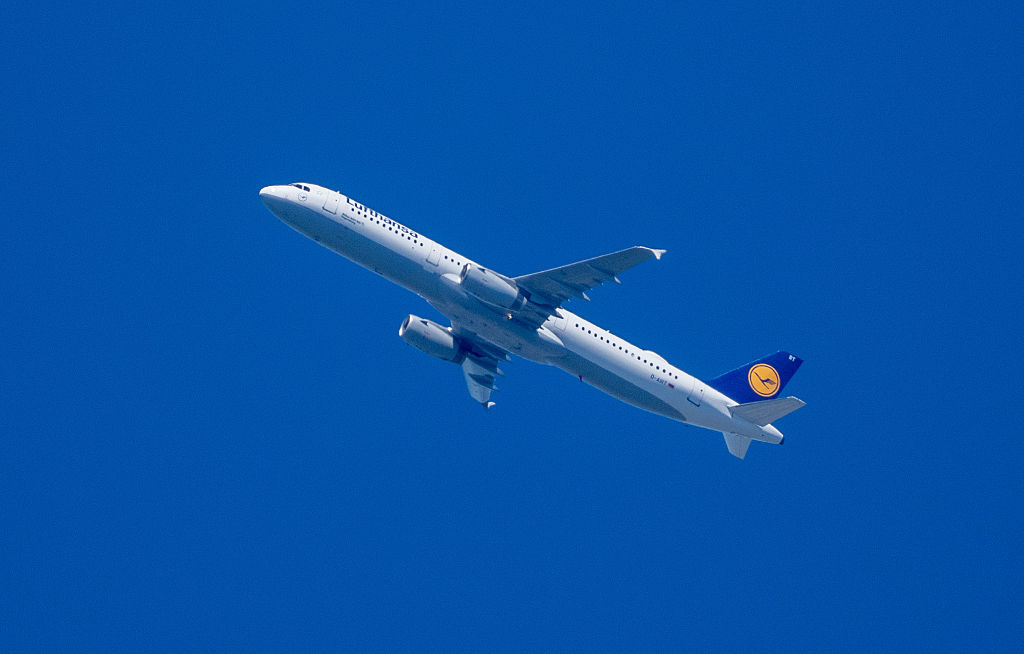Meddlesome new EU baggage rules only risk weighing down passengers and airlines
Designed to help consumers, the European Parliament’s baggage proposal could end up weighing down both passengers and airlines.
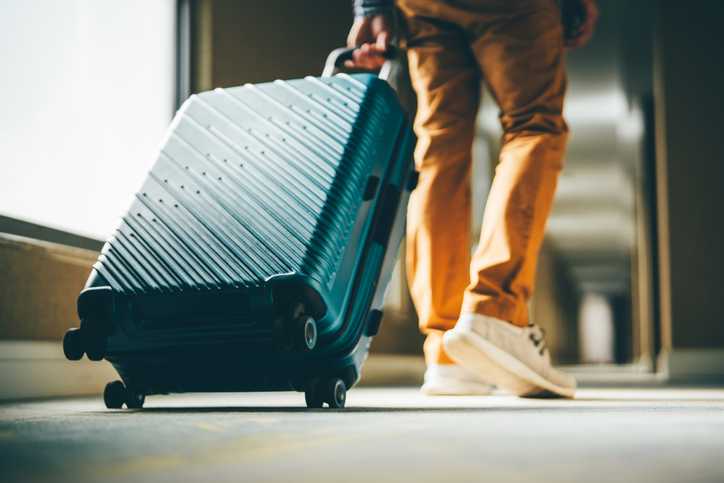
On the face of it, the European Parliament’s push for an extra “free” cabin bag seems like a win-win for consumers. The hard truth: tediously longer waiting times to board, with knock-on delay effects likely, more unwanted emissions from heavier flights filled to the brim with excess luggage, and the consumer’s right to choose stripped away.
More bag means more delays and more disruption
In yet another example of regulatory overreach, the new proposal would require all passengers to be allowed an additional cabin bag on top of the bag (a.k.a personal item) already included in their basic fare – regardless of the travel route or aircraft type (or size).
Imagine if every train passenger were allowed to bring a bike on board? Would blocked aisles, boarding delays, and safety issues really serve passengers’ best interests? Now imagine the same scenario but in an aircraft cabin, where space is even more limited. A typical plane has around 190 seats but can only fit 90 bags in the overhead lockers – that means passengers waiting for around 100 excess cabin bags to be loaded into the aircraft hold.
Time and time again, surveys confirm that passengers’ top priority is to get to their destination as quickly as possible. In fact, a recent YouGov poll shows that less than 20% are willing to risk waiting longer to load excess cabin luggage if it means having an extra cabin bag included in their basic fare.
Heavier planes mean higher emissions
Then there’s the environmental damage. Every extra kilogram on board increases fuel burn and emissions. A recent analysis mentioned in a recent Financial Times article, estimates the Parliament’s proposal could add more than 1.5 tonnes of weight to a single short-haul flight. That’s far more than the emissions of a coast-to-coast drive across the US, all for the sake of a ‘free’ bag giveaway?
At a time when Europe has the most ambitious aviation decarbonisation rules and European airlines are investing over €160 billion in cleaner aircraft and €15 billion in sustainable aviation fuels by 2030, impractical rules that no one wanted or asked for could unnecessarily drive up emissions.
Higher fares turn back the clock on accessible air travel
This rule would also chip away at one of Europe’s greatest achievements: an open, competitive aviation market that has made flying accessible to the majority of Europeans who can choose the fare – and the services – they want.
For many, especially students, business travellers, or residents of remote regions, this choice has allowed them to discover Europe and the world, strike business deals, and attract new investment. A mandatory extra cabin baggage serves little purpose but to push up basic fares, even for those who don’t want the extra allowance. And passengers themselves aren’t keen either, with the above-mentioned YouGov survey confirming that passengers who flew in the last twelve months prefer a lower basic fare, which includes a single, small carry-on bag, with the option of an additional cost for a second piece of hand luggage.
Consumer protection is about consumer choice, not obliging people to pay for things they do not want or need. If politicians want to keep flying accessible to all and Europe connected, they could work with airlines to bring down the cost of transitioning to net zero, instead of misleading passengers with an extra “free” bag. After all, different passengers need different solutions, and only they should decide which services they want to pay for – not regulators.
The European Commission has also made that point clear, after recently launching an infringement procedure against Spanish measures which strip travellers of the freedom to choose whether to pay for extra hand baggage. More than 50 million passengers who flew to Spain last year decided that one piece at no extra cost was the right choice for them.
There is a better way
European airlines are already supporting practical solutions that benefit passengers. Today, all A4E airlines have implemented the Council’s proposed EU-wide standardised dimensions for the ’personal item’ (40 x 30 x 15 cm), which will be the minimum size each airline offers as part of the basic fare. It’s a common-sense step – ensuring transparency and consistency without disrupting operations or forcing unnecessary costs or emissions.
Europe’s airlines want to lead on sustainability, compete globally and keep connectivity affordable. But they cannot do so if regulation erodes efficiency and flexibility in the name of symbolic wins. The EU does not need gestures that look good in Strasbourg or Brussels. It needs policies that actually work for passengers and airlines alike.
The best way to protect passengers is to protect what makes European aviation work: choice, accessibility, and flexibility.
Ourania Georgoutsakou, is Managing Director of Airlines for Europe (A4E).

